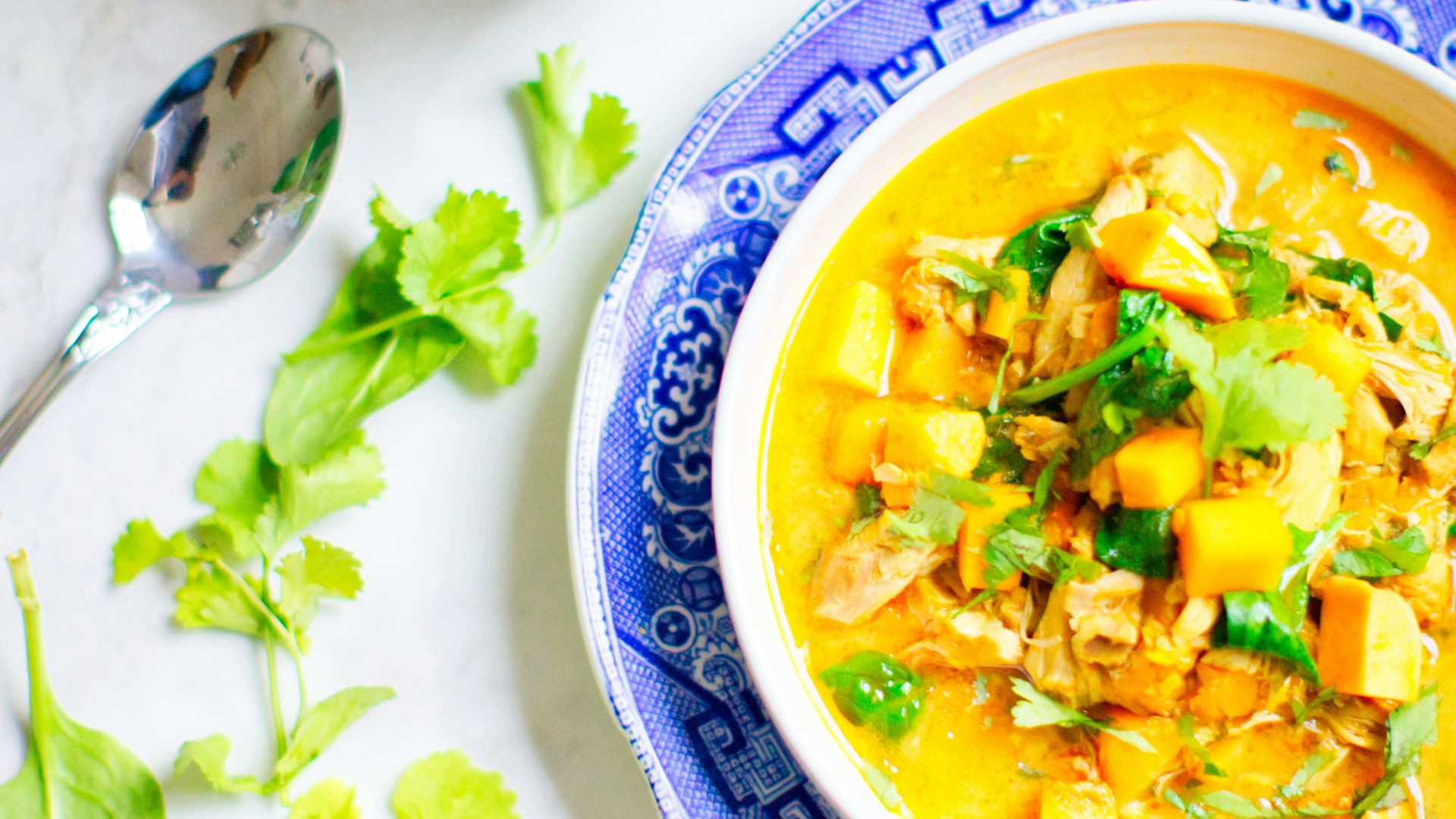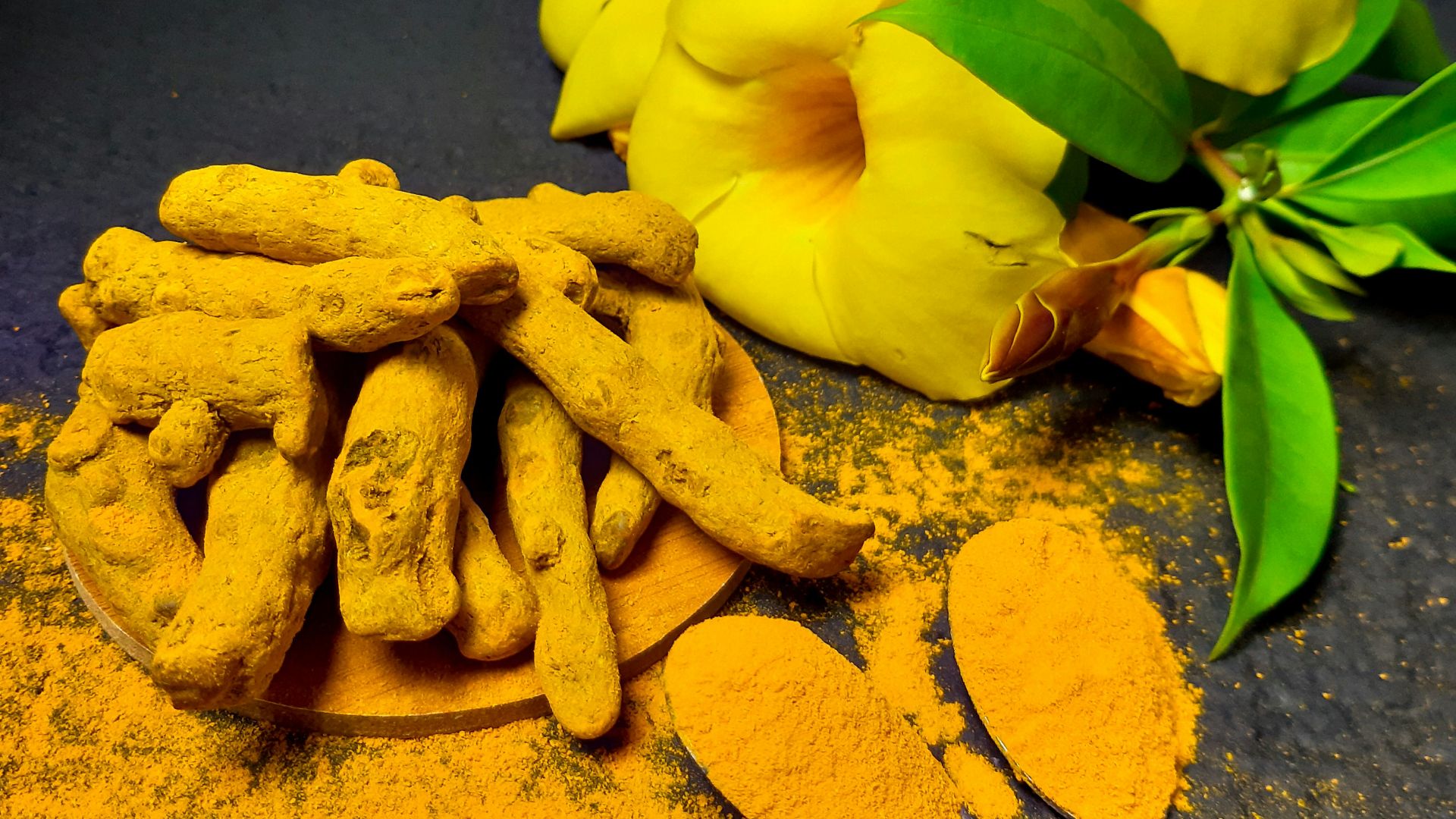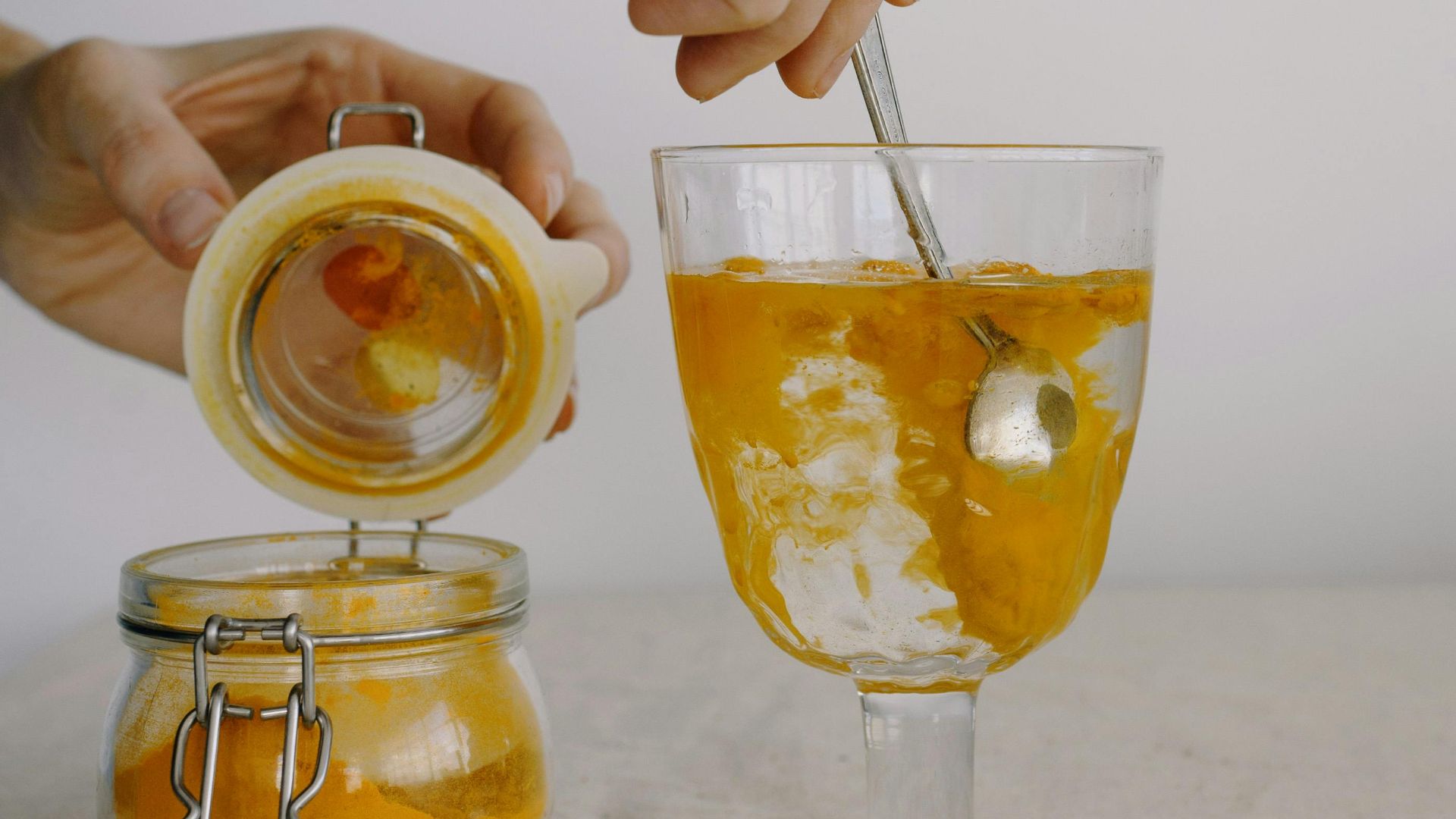Most of us have a jar of turmeric sitting in the back of the spice cabinet, forgotten since that one time we tried making tikka masala from scratch. Turns out we've been sleeping on one of the most researched spices in existence. Turmeric contains curcumin, a compound that's been the subject of over 15,000 peer-reviewed studies, and the findings are kind of remarkable. Maybe it's time to move that jar to the front of the cabinet.
The Anti-Inflammatory Angle
Chronic inflammation is linked to practically every disease we'd rather not think about—heart disease, cancer, Alzheimer's, arthritis. Curcumin acts as a potent anti-inflammatory at the molecular level, blocking NF-kB, a molecule that travels into cell nuclei and activates inflammation-related genes. A 2017 study in the journal Foods found curcumin's anti-inflammatory effects comparable to some pharmaceutical drugs, minus the side effects.
There’s always a catch, and in this case, it’s that our body doesn't absorb curcumin particularly well on its own. When it’s combined with black pepper though—specifically the piperine in black pepper—bioavailability increases by 2,000%. This is why most turmeric supplements include piperine, and why you should always add a crack of black pepper when cooking with turmeric.
It Actually Helps Your Brain
Curcumin boosts brain-derived neurotrophic factor, or BDNF, a growth hormone that functions in your brain. Lower levels of BDNF are linked to depression and Alzheimer's. By increasing BDNF, curcumin may delay or reverse brain diseases and age-related decreases in brain function. Some research even suggests it could improve memory.
There's also emerging evidence around depression. A controlled trial found that curcumin was as effective as Prozac in treating depressive symptoms. We're not saying ditch your antidepressants for turmeric lattes, obviously, just that the research is genuinely intriguing.
Your Joints Will Thank You
Multiple studies have shown curcumin supplements reduce pain and improve function in people with osteoarthritis. One trial compared curcumin to diclofenac, a common anti-inflammatory drug, in rheumatoid arthritis patients. The curcumin group showed similar or better improvement in symptoms.
The advantage over NSAIDs is that this supplement doesn’t cause stomach ulcers or carry the same cardiovascular risks. This bright yellow spice has been used in Ayurvedic medicine for thousands of years and holds up under modern scrutiny.
Getting It Into Your Diet
 Natural Chef Carolyn Nicholas on Unsplash
Natural Chef Carolyn Nicholas on Unsplash
Golden milk is having a moment in the spotlight for good reason. To make it, all you need is some warm milk (dairy or plant-based), turmeric, black pepper, and a touch of honey. It’s really that simple, and tastes better than you’d expect. Turmeric is surprisingly versatile in the kitchen and fits seamlessly into scrambled eggs, roasted vegetables, rice, and soups. You name it, turmeric can add an interesting dimension to your dish.
Start with a quarter teaspoon daily and work up to a half or full teaspoon. Fresh turmeric root is even better if you can find it at Asian or health food stores, though it'll stain everything it touches. Including your fingers. And your cutting board. And possibly your countertop if you're not careful.
The Supplement Question
Whole food sources are ideal. Getting nutrients from actual food means you're also getting fiber, other beneficial compounds, and a more complete nutritional package. That said, turmeric supplements with standardized curcumin and piperine can deliver therapeutic doses that'd be difficult to achieve through cooking alone.
Look for supplements with at least 95% curcuminoids and added black pepper extract. Quality matters, as cheap supplements can contain contaminants not included on the label.
KEEP ON READING









